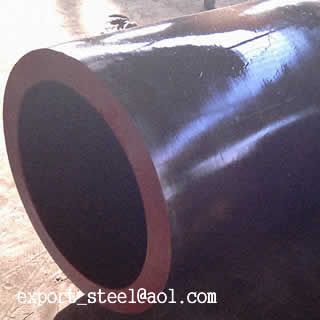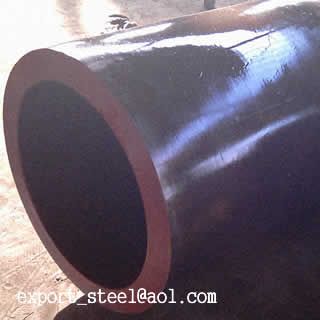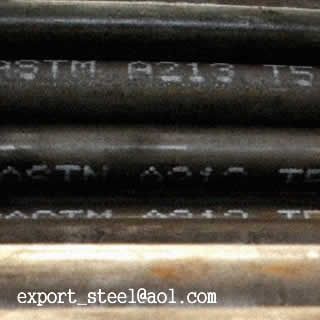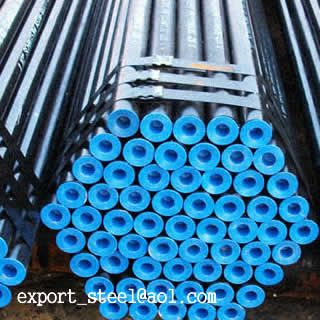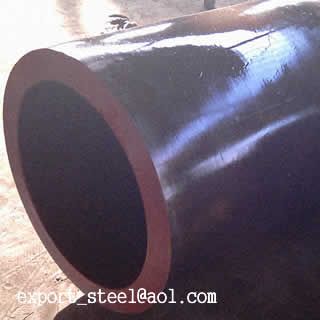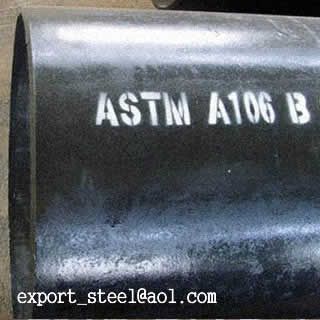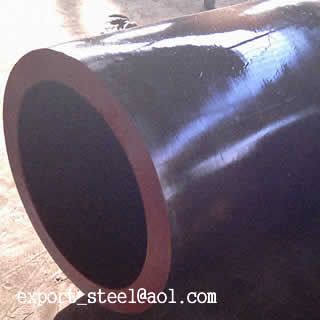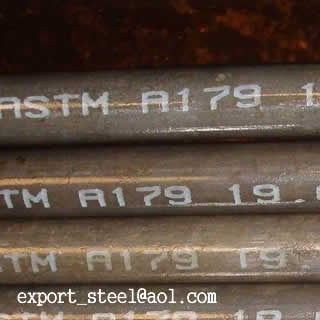ASTM A335 Grade P22 pipe shall be suitable for bending, flanging, and similar forming operations, and for fusion welding.
Each length of pipe shall be subjected to the hydrostatic test. Also, each pipe shall be examined by a non-destructive examination method in accordance to the required practices.
The range of ASTM A335 P22 pipe sizes that may be examined by each method shall be subjected to the limitations in the scope of the respective practice.
The different mechanical test requirements for pipes, namely, transverse or longitudinal tension test, flattening test, and hardness or bend test are presented.Both ends of each crate will indicate the order no., heat no., dimensions, weight and bundles or as requested.
Chemical Requirements of ASTM A335 P22
| UNS Designa-tion | K21590 |
| Carbon | 0.05-0.15 |
| Manganese | 0.30-0.60 |
| P&S(max) | 0.025 |
| Silicon(max) | 0.50 |
| Chromium | 1.90-2.60 |
| Molybdenum | 0.87-1.13 |
| Others | — |
Mechanical Properties of ASTM A335 P22
| Tensile strength, min, (MPa) | 415 |
| Yield strength, min, (MPa) | 205 |
| Elongation, min, (%), L/T | 30/20 |
Material & Manufacture
Pipe may be either hot finished or cold drawn with the finishing heat treatment noted below.
Heat Treatment
- A / N+T
- N+T / Q+T
- N+T
Mechanical Tests Specified
- Transverse or Longitudinal Tension Test and Flattening Test, Hardness Test, or Bend Test
- For material heat treated in a batch-type furnace, tests shall be made on 5% of the pipe from each treated lot. For small lots, at least one pipe shall be tested.
- For material heat treated by the continuous process, tests shall be made on a sufficient number of pipe to constitute 5% of the lot, but in no case less than 2 pipe.
Notes for Bend Test:
- For pipe whose diameter exceeds NPS 25 and whose diameter to wall thickness ratio is 7.0 or less shall be subjected to the bend test instead of the flattening test.
- Other pipe whose diameter equals or exceeds NPS 10 may be given the bend test in place of the flattening test subject to the approval of the purchaser.
- The bend test specimens shall be bent at room temperature through 180 without cracking on the outside of the bent portion.

